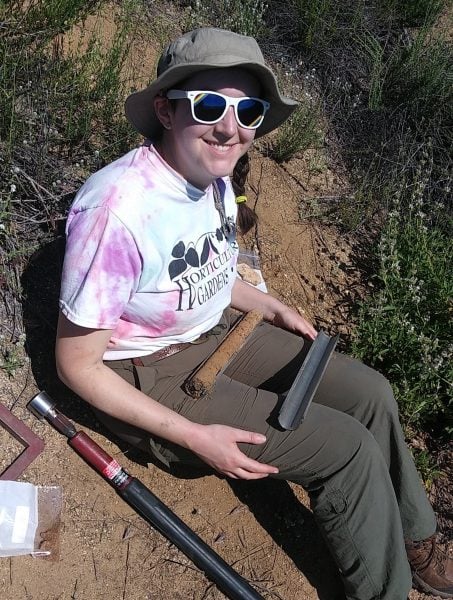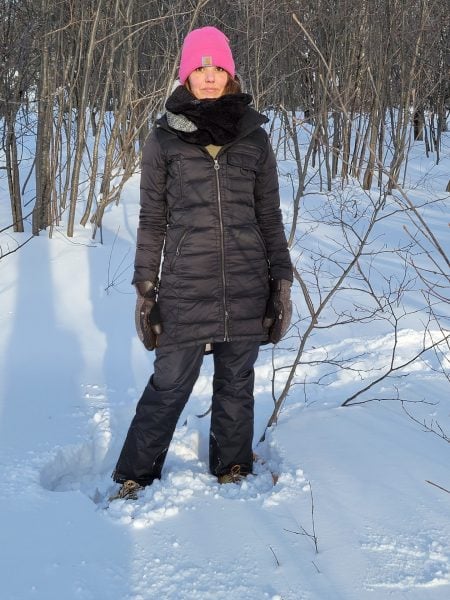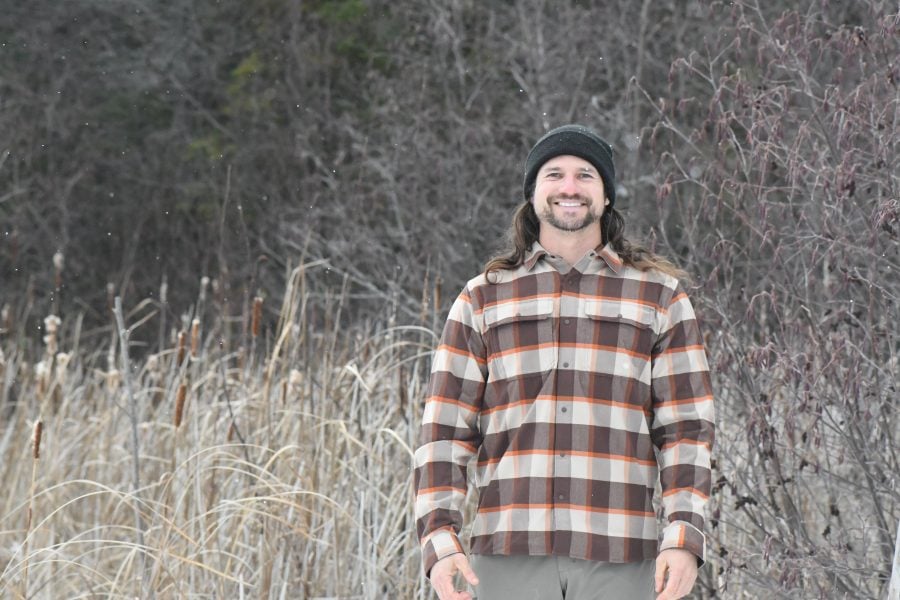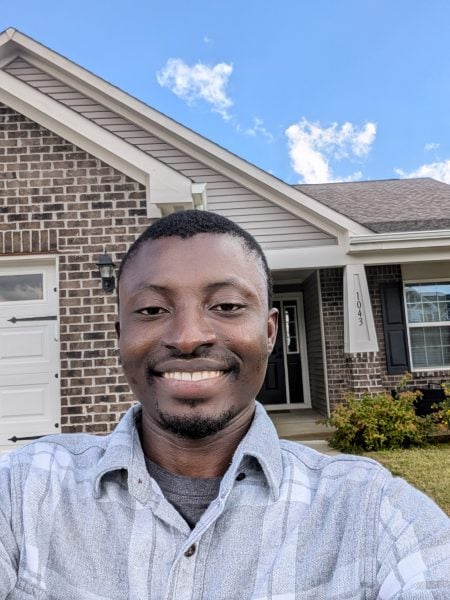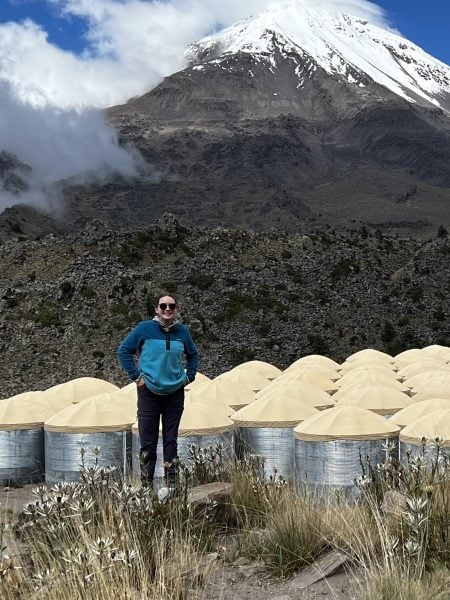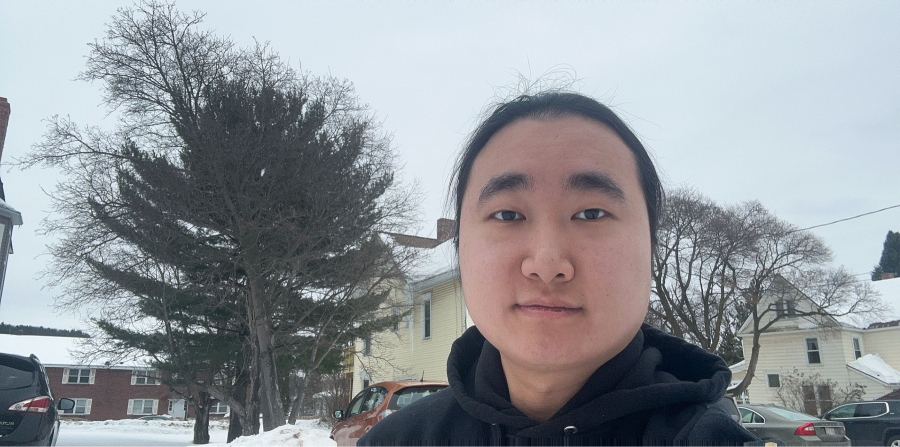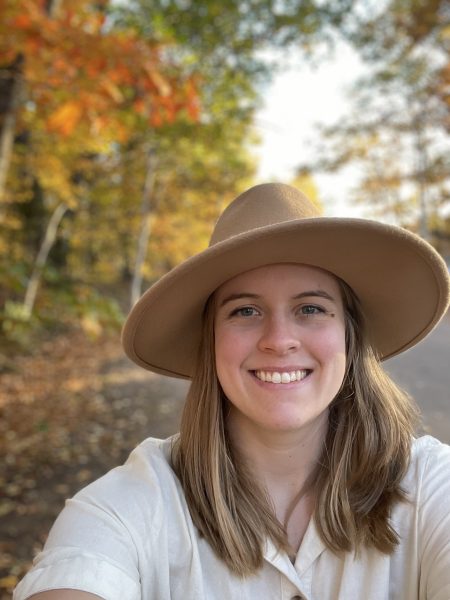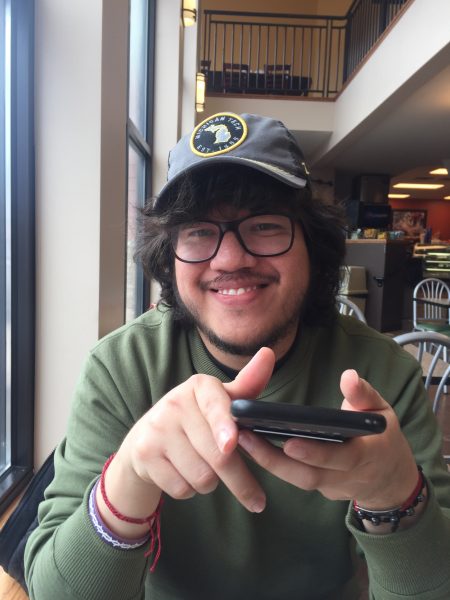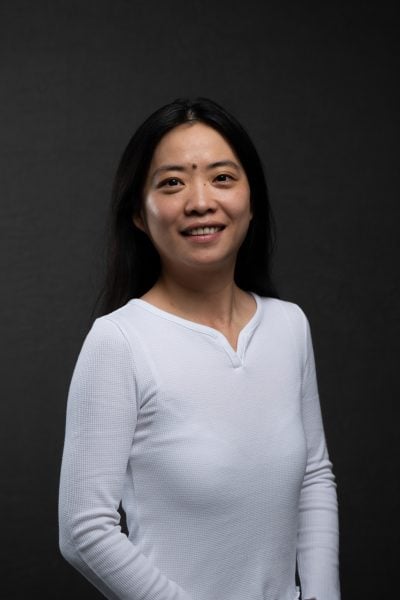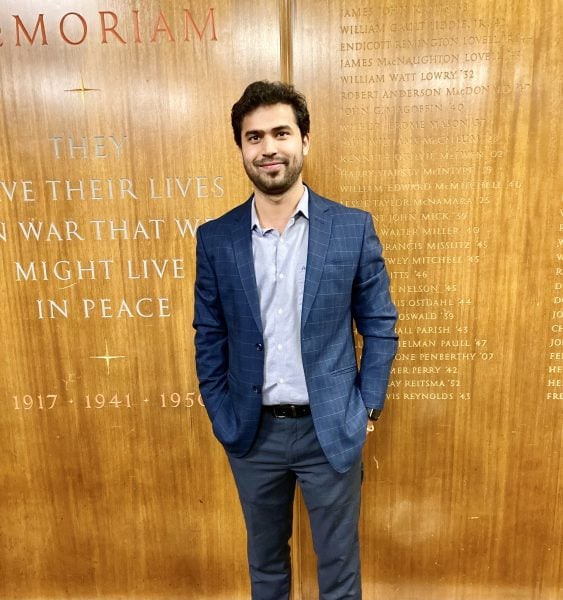
My Ph.D. journey at Michigan Technological University began in Fall 2021 in the Department of Mechanical Engineering-Engineering Mechanics, where I have focused on developing complex constitutive and phase-field failure models to gain a deeper understanding of fracture behaviors and improve material performance under diverse loading conditions. My research also explores the development of multiscale and Multiphysics models, contributing to the design of resilient materials for critical structural and industrial applications. Working at the intersection of advanced material modeling and computational mechanics has been both intellectually inspiring and transformative, shaping my approach to tackling some of the most challenging problems in engineering.
The primary objective of my research is to develop computationally efficient models that accurately capture complex fracture phenomena in fiber-reinforced polymer composites (FRPCs). By incorporating advanced constitutive modeling and phase-field fracture techniques, I investigate crack interactions in FRPCs under the influence of various environmental and loading conditions. My work aims to improve the predictive capabilities of models used in the design and optimization of high-performance materials.
I would like to express my sincere gratitude to the Graduate School and the Graduate Dean Awards Advisory Panel for awarding me the Doctoral Finishing Fellowship. This recognition is both an honor and a motivation as I approach the final stages of my Ph.D. I am deeply grateful to my advisor, Dr. Trisha Sain, whose guidance, encouragement, and unwavering support have been crucial throughout my doctoral journey. Her mentorship has been instrumental in shaping me into an independent researcher and has helped me navigate the complexities of my work. I also want to acknowledge the department of Mechanical Engineering for its support during my PhD studies.
As I enter the final phase of my PhD, I look forward to completing my research and advancing my career in the field of computational mechanics and material science, where I hope to make meaningful contributions to solving critical challenges.
